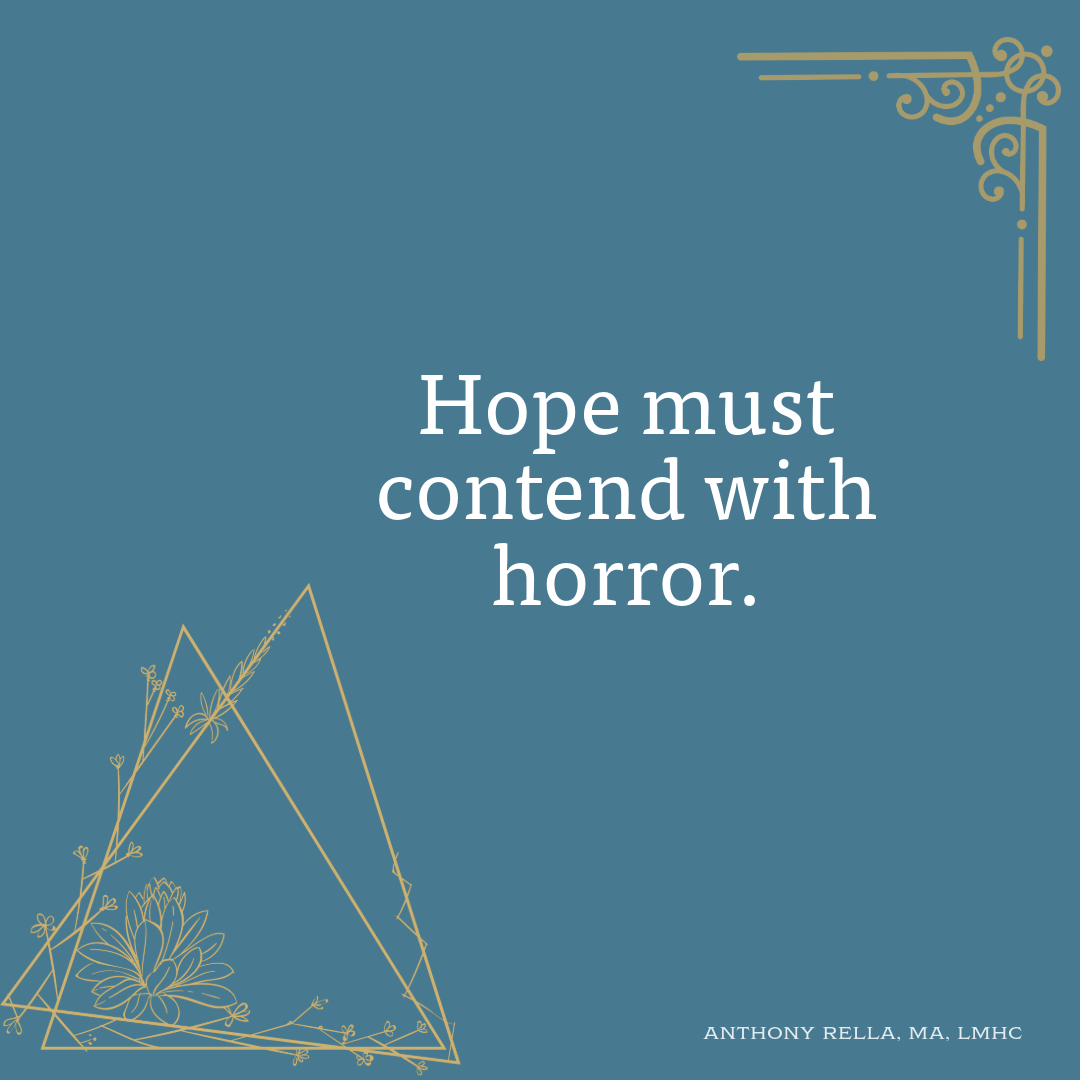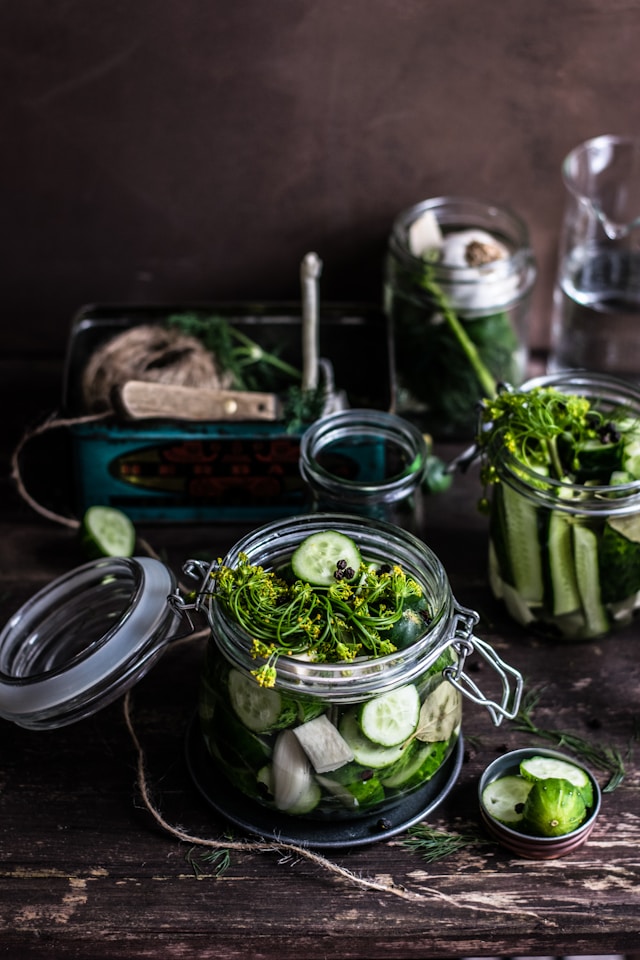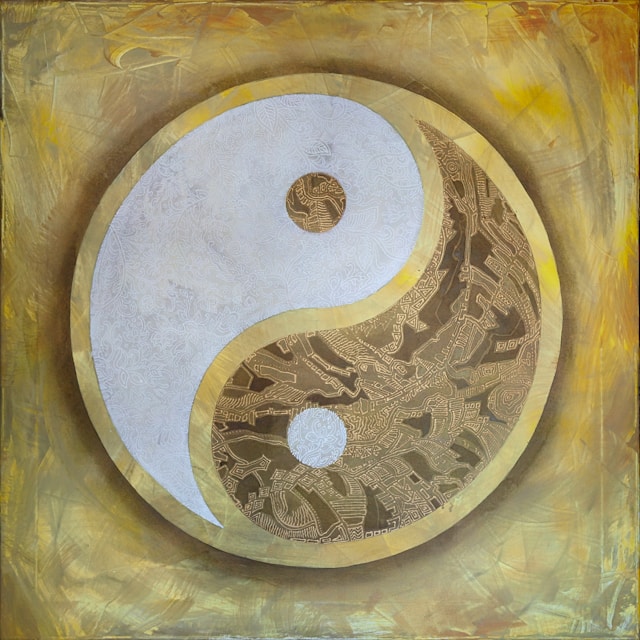On a personal level, the first quarter of this year was quite rocky. I’d restarted in-person sessions with a great deal of hope that it would help reinvigorate my practice, and it absolutely has. I deeply prefer in-person work to Telehealth. And in-person work meant spending a lot of up-front money to furnish a new office and pay the rent. That coincided with a significant surgery and then some sorrowful losses of pets at home. Not the biggest catastrophes in the world, but I felt heavier and more depleted than I would’ve liked, and I was also working harder to offset the money I’d spent.
By the late spring, I was becoming aware that my business was not working as well as it could be. My revenue was not what I expected and needed it to be, though I was seeing more clients than I had been the previous year, and had raised my rates for 2024. Adding more clients was like a non-starter. I already felt my capacity was stretched thin. After work, I’d be drained most nights. My level of presence and attention in therapy suffered with the background stressors of money and holding space for so many clients. Parts of me grew impatient and frustrated with the therapeutic process, which is always an indicator that I need to make adjustments.
All of this has led to the decision to leave insurance panels and go private pay or out of network only. This writing is a reflection upon and explanation of that choice, along with my evolving perspective on therapy.
The problems of insurance
The only way to make more money doing therapy is to raise my rates, or find additional sources of income. But when it comes to insurance, you are only paid what they pay you. There is no raising of rates unless you are part of a larger group or corporation that can leverage your size to convince insurance to negotiate. When I have asked, I was denied and told there would be no negotiation.
I find it unworkable to be a clinician with more than a decade of experience and more training and certification than when I started, getting paid the same reimbursement rate as my colleagues who are at the beginning of their careers. Everyone should get paid what they’re worth, of course, but my value as a clinician has increased while the reimbursement remains the same. Never getting anything beyond the occasional cost of living raise would be unsustainable at any other job.
What some not in the field might not understand is how limited therapists are in accessing reimbursement for services. If I were a primary care physician and you came to see me, I could submit multiple codes for reimbursement. I would bill a code for the office visit, but also for the process of checking your heart, or giving you a vaccine, or drawing blood for a test. A fifteen to twenty minute session could include multiple billable procedures. But for psychotherapy, there is only one billable procedure, and the only variation is how long it is. You can bill for an intake session once, otherwise it’s for 55, 45, or 30 minute sessions.
Half my caseload has been in-network insurance, which pays about 60% of my rate. An hour of therapy costs me the same in time and energy whether I’m being paid my full rate or 60%. That means I cannot simply add more clients to make up the difference—there’s not the time in the day, nor the energetic capacity in my week. If my caseload were insurance-only, I would be unable to afford my own business, let alone living in Seattle. So it’s truly the private pay clients who subsidize the clients with insurance, and it no longer feels fair to continue to raise their burden of payment to offset those who are in-network.
Martyrdom and resentment
Making this choice brings up feelings of guilt and defensiveness, as evidenced by this long piece of writing. With clients, I set my own feelings aside to support them in however they process this news, because that is my job and a skill I’ve honed for years. I am glad to be of service. Outside of the therapy room, I find myself unexpectedly provoked. For the first time in a while let myself get into a dumb online argument with a stranger who said it was selfish and subjective for therapists to decide what their hour of time should be worth.
As with many who get into this profession, my passion for caring and being of service comes with a willingness to compromise on my own well-being and then great guilt when I actually put my needs first. It is actually a slow process to recognize when my needs can no longer be set aside without cost to both myself and my clients, and the major indicators are when impatience and resentment begin to show up more consistently. I do not blame my clients for resentment or impatience; those feelings are about me and the boundaries that I need to set or protect. So if someone wants to tell me it’s selfish of me to set my own rates—that’s not a new thought I’ve never considered before. That’s a very ingrained story that has become harmful to my wellbeing that I’ve had to address in myself.
Earlier this summer, during some spiritual work, I got the message: “Sacrifice your ego on the altar of abundance.” Initially I mistrusted these words as evocative of the kind of materialistic manifestation culture that is so prevalent on social media. And it truly has been a sacrifice of ego to acknowledge my needs and boundaries, but instead it’s my ego story of being the self-sacrificing martyr who works hard and needs little in return. For most of my life, as a former Catholic, I’ve considered this a kind of holy way of being in the world, the way you’re supposed to be. Even having done a great deal of work on it, I’ve only made room within the story for some of my needs. This truly feels like putting that story on the altar.
Resentment is the shadow twin of martyrdom. As much as my ego story was about how well I concealed my suffering behind stoic nobility, in truth I very much wanted people to see how much I suffered. Not so they’d relieve me of it. Instead so they could feel sorry for me and recognize how virtuous I was. Then I could have the compensatory comfort of self-righteousness, judging those who dared to prioritize their own needs and income. That movement only results in a heart closed by bitterness, resentment, and self-righteousness. That path does not lead to greater love. It is sacrificing that ego story, allowing myself to be a normal person with needs who is not supremely virtuous, that has renewed my heart and love in the therapy room and beyond.
I do still provide free labor and volunteer service professionally and in other parts of my life. I offer mentorship to younger colleagues getting started in the work. I provide free letters of support for people seeking gender affirming care. I do volunteer work as a teacher and mentor in my spiritual community, and a substitute teacher for my aikido community. I believe in what therapy has to offer for mental and emotional wellness, but also it is only one component for a well person and a well society. These other parts of my life, being a partner and a member of communities, is also a huge component for the mental wellbeing of not just myself but all who participate in them.
Politicized therapy
For the past several years of my professional life, I’ve publicly aligned with left-leaning groups of activists, writers, and therapists, particularly those who identify with offering “politicized” therapy. Along with this identification and belief in many left-wing principles has been an aversion to the idea of exploiting others financially and for their labor, which is one reason why I’ve avoided things like hiring employees, owning real estate, or taking this step of leaving insurance. Often I think of that lefty statement,“If it’s not accessible to the poor, then it’s neither radical nor revolutionary.” So this change is the outward expression of a larger change that has been happening within my sense of values, ideals, and principles.
I am not saying that I am no longer aligned with left-wing values and ideas. What I have been asking myself lately, a lot, is: what actually works? I have been in many left-wing spaces of firebrands shouting their principles at each other and to my mind accomplishing very little in terms of building real community or effective collective action. I have seen amazing moments of cultural openness to new ideas be utterly reversed and erased with the passage of time. I have seen people I thought highly of seem to completely abandon their values when it came to their own self-interest. I have wrestled with the progressive neoliberal paradoxes of claiming to believe in certain left-wing ideals that are unworkable in this moment.
A better world is possible. And the burden of moral righteousness and purity complicates the choices that are necessary in the world that’s here right now. What I want most are groups who advocate the values of collective care and shared resources doing so in a way that is effective, that builds community, and leverages the power it has to make change.
When it comes to therapy, I have stepped back in some ways from my “brand” as a progressive, feminist therapist. Those values are absolutely still part of my work, but they are less explicit in practice. I feel less inclined to apply a label when we are telling a story that demonizes or misrepresents women or people of color, such as “This is white supremacist patriarchy.” What I do is notice, point out the demonization or misrepresentation, and invite us to be curious how that came to be the story. What function does this story serve in your system? How did this come to be in your psyche? How does it cause you or others harm? How does it separate you from connection?
Sometimes the way we deploy political labels turns them into thought-terminating clichés. Everyone who comes into my therapy space knows that if you say something that is labeled patriarchal then it’s bad and you shouldn’t think it. But “knowing it’s bad and you shouldn’t think it” is not a therapeutically useful outcome. That is like trying to suppress an unwanted thought, which only makes it more charged and strongly fixed. People become so afraid to truly know themselves that they stop at the prescribed line and will go no further. If they sense there’s shame or judgment coming, they’re not going to open up. And a lot of us attach shame and judgment to those labels.
These labels, of course, could also be catalysts that are healing or open up curiosity. For some in the dominant group, labeling a thought or action as coming from an oppressive bias invites reflection and exploration. If they’re in the targeted group, naming these actions as oppressive might be freeing and liberating, helping the individual to stop wasting energy trying to fix themself to solve a problem that isn’t theirs. You need to be able to have words for the things you’re discussing.
When the labeling does close down therapeutic opportunities, it becomes a barrier to the work of therapy and the work of liberation. We come into the therapy room to invite in curiosity and courage so that we can truly know, perceive, and accept ourselves. It is only those conditions that allow us to truly change—knowing, perception, and acceptance. When I understand this bias within me, there is a true opportunity to transform it. You need a space that is open and welcoming to parts of self that disagree with, fear, resist, or have completely different experiences to the values we want to hold. If they are not welcomed to be known, perceived, and accepted, they will never support our values.
We want therapy to be a safe space for ourselves so we can be truly seen and loved, and we would love it if therapists for other people were psychological cops who sniff out dysfunction and abuse and get them under control. Other people are no different than you in this regard: if you don’t feel safe with, seen by, and accepted by your therapist, you’re not going to open up to them, and nothing therapeutic will happen.
Pickling and patience
The last piece I want to name is that I love practicing with an Internal Family Systems approach, but in my impatience with therapy, I realized I was trying to IFS too hard. I was trying to teach clients how to IFS so we could do fidelity IFS. But clients don’t come to me to learn how to do IFS. They come because they need help exploring themselves. I was getting things backwards and unintentionally creating friction and moments when I missed people in our work.
I do not mean to put myself or my clients down, as we have also done profound and powerful work. But I have found it beneficial to let go of my attachment as to whether we “do” the IFS process in session or not. All I do is bring my presence and curiosity into the room and follow that, and follow the client where they want to go, and in that dance we may discover a part of self that is ready for work and the process. In truth, simply being present and curious without necessarily naming parts is still doing IFS.
Part of the impatience I’ve named that surfaced this year came from not trusting the process and bringing in agendas that do not serve therapy or the client. This tension began with good intent during COVID. From 2020-2023, demand was so high, and suffering so great, that it became overwhelming. All that I loved about therapy—the spaciousness, the curiosity, the practice of love—began to feel like a luxury we couldn’t afford. I began to feel like we had to do triage, dealing with a few key issues and then making room for another client who needed urgent care.
That urgency is counter-therapeutic and feeds those attitudes that I’ve named as a barrier to the work. And as the emergency energy began to relax, I had not the time or space to fully process and grieve how deeply I was impacted during that time. I kept plowing forward, trying to stave off burnout, and that urgency attached itself to the concerns about revenue, inflation, the cost of living, and whether I’d get to retire. Taking this step feels like it has restored agency to myself and freed me to return to the kind of therapy that I am good at, that works, that is not draining but quite joyful. It is a therapy that allows for slowness and surprises, and has no particular agenda yet paradoxically helps allow my clients to access the changes they have needed.
This past weekend, I spent time pickling a batch of cucumbers that will be ready in late October. By a strange coincidence, that will be the exact time when this change is complete and my insurance contracts will expire. Pickling is interesting because there is a very specific process to which one must humble themself, and part of that process is waiting. I won’t know how they turned out until the time comes when I open a jar and taste it. Perhaps it will be a bad harvest, or perhaps something delicious and exciting will emerge that I can enjoy and share for the winter and days to come.






